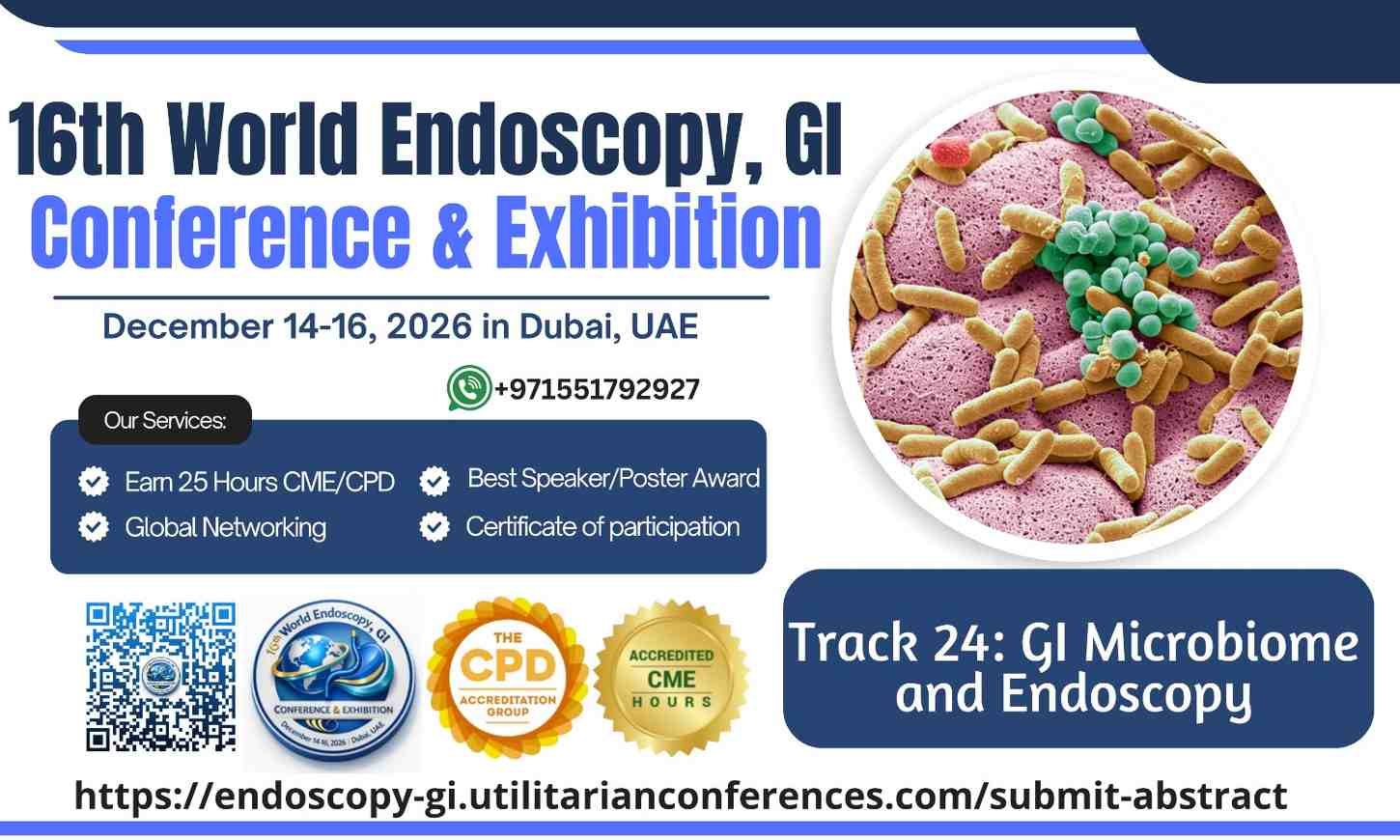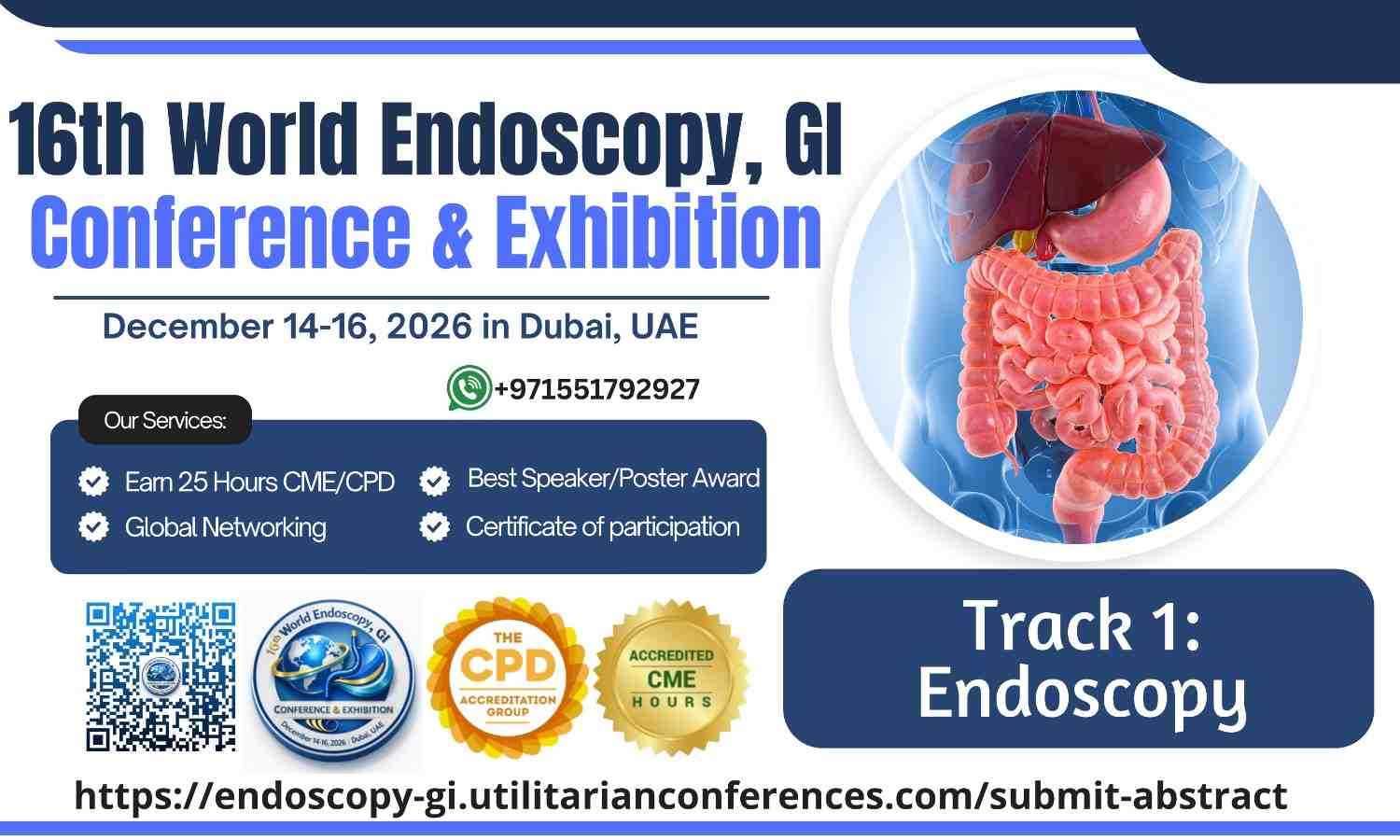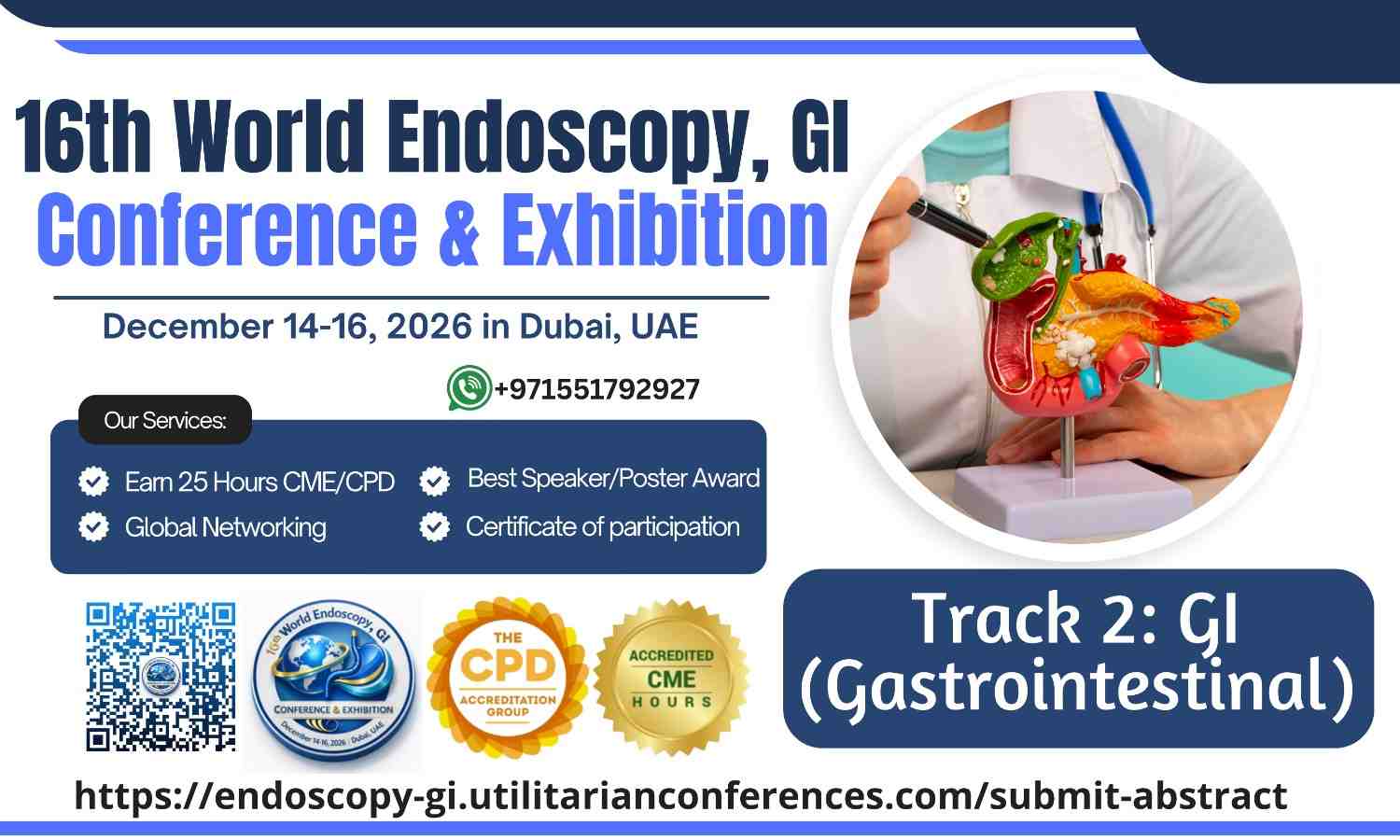GI Microbiome and Endoscopy
The gastrointestinal (GI) microbiome refers to the diverse community of microorganisms, including bacteria, viruses, fungi, and other microbes, that reside in the digestive tract. This microbiome plays a crucial role in digestion, immune function, and overall health. In recent years, the connection between the GI microbiome and endoscopy has gained increasing attention due to advancements in medical research and technology.
Key Aspects of GI Microbiome and Endoscopy
Role of the GI Microbiome in Health and Disease:
- The GI microbiome is essential for maintaining digestive health, nutrient absorption, and immune modulation.
- Imbalances in the microbiome (dysbiosis) are associated with conditions such as inflammatory bowel disease (IBD), irritable bowel syndrome (IBS), colorectal cancer, obesity, and metabolic disorders.
Endoscopy as a Tool for Microbiome Research:
- Sampling the Microbiome: Endoscopy allows for direct sampling of microbiota from specific regions of the GI tract, such as the stomach, small intestine, and colon, providing insights into regional variations in microbial populations.
- Targeted Biopsies: Endoscopic procedures enable targeted tissue biopsies for microbiome analysis in patients with suspected dysbiosis or GI disorders.
Impact of Endoscopy on the Microbiome:
- Preparation Effects: The bowel preparation required for procedures like colonoscopy can temporarily alter the composition of the gut microbiome. This effect is an important consideration for research and clinical care.
- Therapeutic Interventions: Some endoscopic procedures, such as fecal microbiota transplantation (FMT), are directly related to restoring healthy microbial balance in the GI tract.
Microbiome and Disease Diagnosis Through Endoscopy:
- Colorectal Cancer: Specific microbiome patterns have been linked to colorectal cancer. Endoscopic screening, combined with microbiome analysis, offers a potential approach for early detection and risk assessment.
- IBD and Other GI Disorders: Changes in the GI microbiome detected through endoscopy can provide diagnostic clues and guide personalized treatment strategies.
Endoscopic Innovations and Microbiome Study:
- Capsule Endoscopy: Offers a non-invasive method to study the microbiome of the small intestine, a region difficult to access with traditional endoscopy.
- Advanced Sampling Techniques: Innovations in endoscopic technology, such as mucosal brushing and aspiration, improve the precision of microbiome sampling.
Therapeutic Implications:
- Endoscopy is pivotal in delivering microbiome-targeted therapies, such as probiotics, prebiotics, and FMT, directly to affected areas of the GI tract.
- Monitoring Treatment Efficacy: Endoscopy can assess the impact of microbiome-related treatments on mucosal health and microbial composition.
Future Directions:
- Integration of microbiome analysis with endoscopic imaging and artificial intelligence (AI) may enhance the diagnosis and management of GI disorders.
- Personalized medicine approaches, informed by microbiome insights obtained through endoscopy, are likely to improve patient outcomes.
Conclusion
The intersection of GI microbiome research and endoscopy is transforming our understanding of digestive health and disease. By leveraging advanced endoscopic techniques, clinicians and researchers can explore the microbiome's role in health, facilitate targeted treatments, and improve diagnostic accuracy for GI disorders.
Sub Topic: Overview of the microbiome's role in digestive health and disease, Techniques for microbiota collection during endoscopic procedures, Effects of colonoscopy preparation on microbiome composition, Integrating microbiome biomarkers into endoscopic practice, Capsule Endoscopy and Microbiome Research, Role of endoscopic interventions in restoring microbial balance, Artificial Intelligence (AI) and Microbiome in Endoscopy, Future AI tools for microbiome-driven diagnostics and personalized treatment, Role of endoscopy in evaluating the efficacy of microbiome-targeted treatments, Emerging technologies for microbiome exploration during endoscopy.





